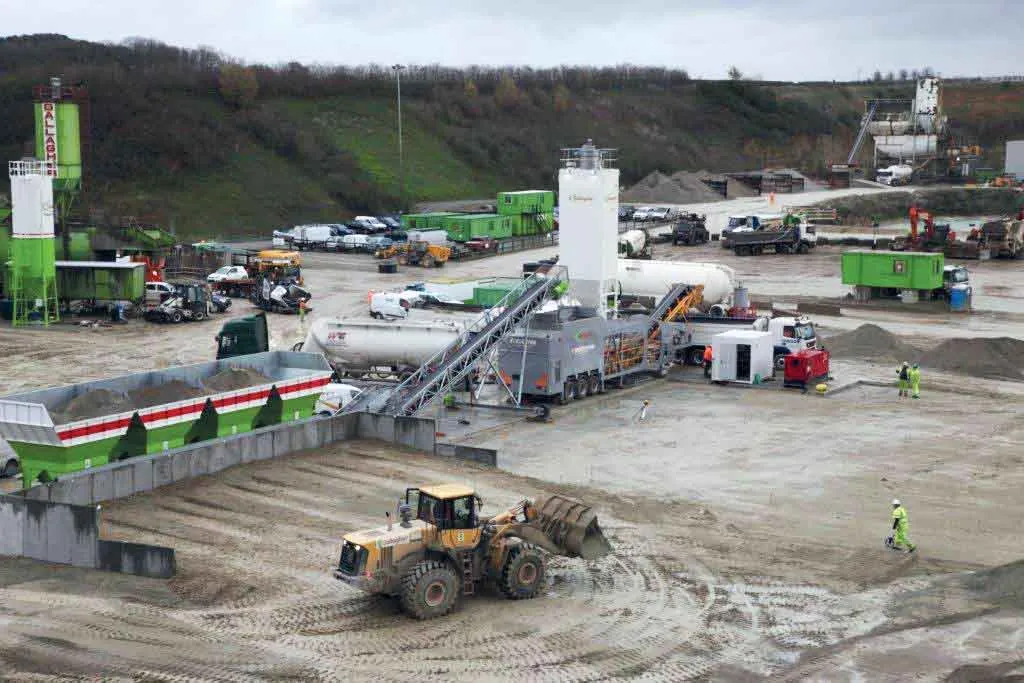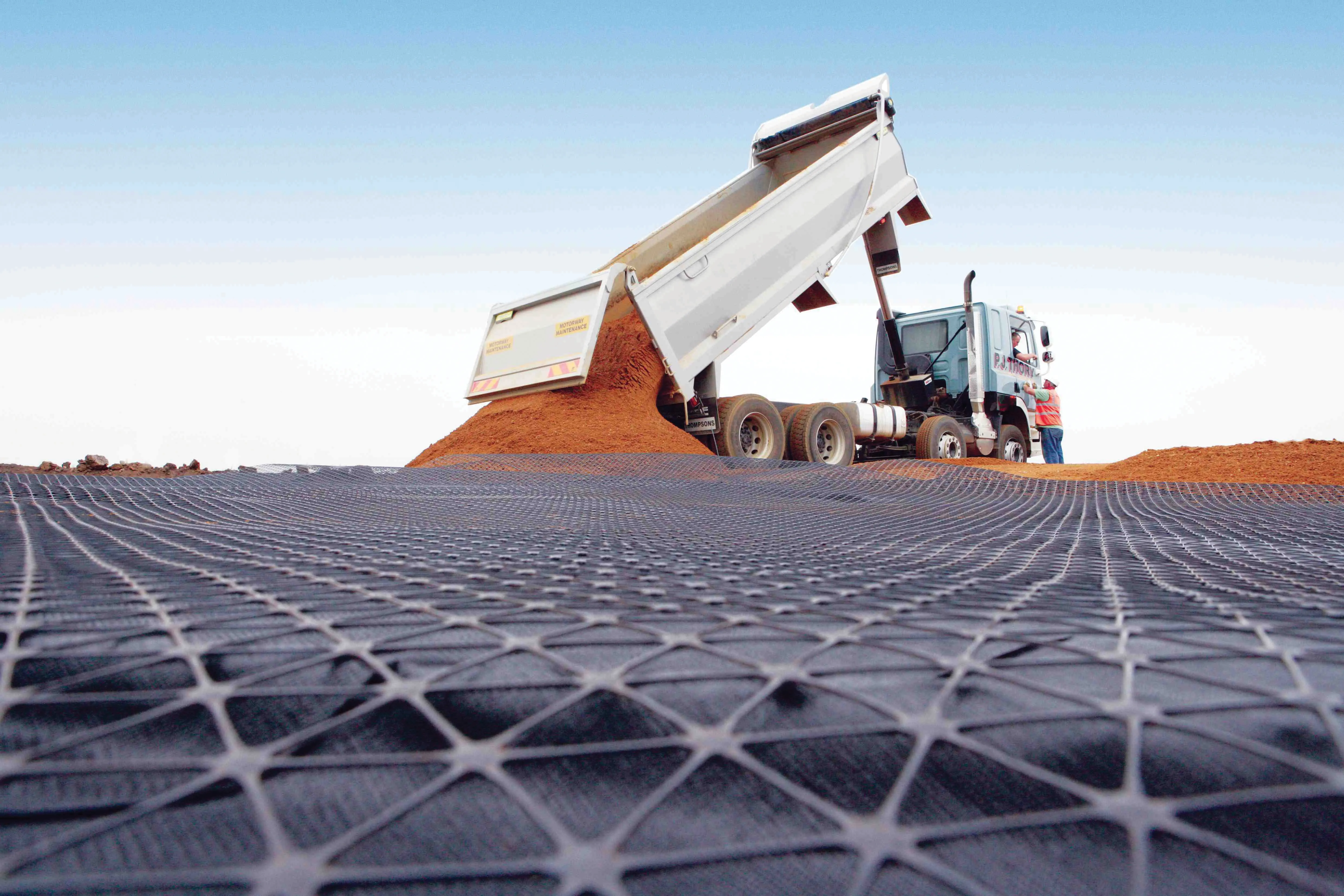Rapid International has supplied the Gallagher Group, based in the UK, with a new Rapidmix 400CW mobile continuous mixing plant.
The Rapidmix machine is operated primarily at the group’s Hermitage Quarry site and is transported to site if haulage presents an issue.
Gallagher Group, in the south-east county of Kent, is a building, civil engineering, aggregates and property development company. The group has already purchased a 3m3 Rapid pan mixer for installation in a concrete batching plant system.
May 23, 2016
Read time: 3 mins

The Rapidmix machine is operated primarily at the group’s Hermitage Quarry site and is transported to site if haulage presents an issue.
Gallagher Group, in the south-east county of Kent, is a building, civil engineering, aggregates and property development company. The group has already purchased a 3m3 Rapid pan mixer for installation in a concrete batching plant system.
Fully mobile and self-contained, the Rapidmix 400CW from Rapid International offers a complete plant powered by its own power source, with onboard compressor and generator. Fitted with a self-erecting system, using hydraulics, the plant can change from travel mode to fully operational within a few hours. Available with outputs of up to 600tonnes per hour, the Rapidmix provides feed rates that are fully adjustable for the aggregate, cement and water systems.
Gallagher’s Rapidmix plant is employed in the production of the company’s ‘Gallapave’ range of HBM - Hydraulically Bound Material - and RCC - Roller Compacted Concrete. HBM is used as sub-base and base course to replace traditional capping layer, type 1 sub-base and tarmacadam base course in road construction.
The benefit of HBM is the reduction in road digging. This is in turn leads to reduced costs as less soil requires excavation and transportation to landfill. In addition, geotextile membrane isn’t required. RCC is a semi-dry concrete product that is a wearing surface used where strong pavement is required to stand up to massive loads and specialised equipment.
Airport runways and aprons are particularly suited to RCC, but it is also used for parking, storage and warehouse floors, container storage and handling, and port pavements. RCC offers high flexural strength and doesn’t require forms or finishing.
With the Rapidmix 400CW, Gallagher is using the waste fines from its fixed primary crushing plant for its HBM products. This saves dump trucks moving fines and space into the company’s landfill. Gallagher said that Rapid International’s customer service was quick off the mark during the equipment’s run-in period, resolving most issues over the phone with remote login access from its head office in Northern Ireland.
Rapid International is based in a 4,645m2 production facility in County Armagh, Northern Ireland.







